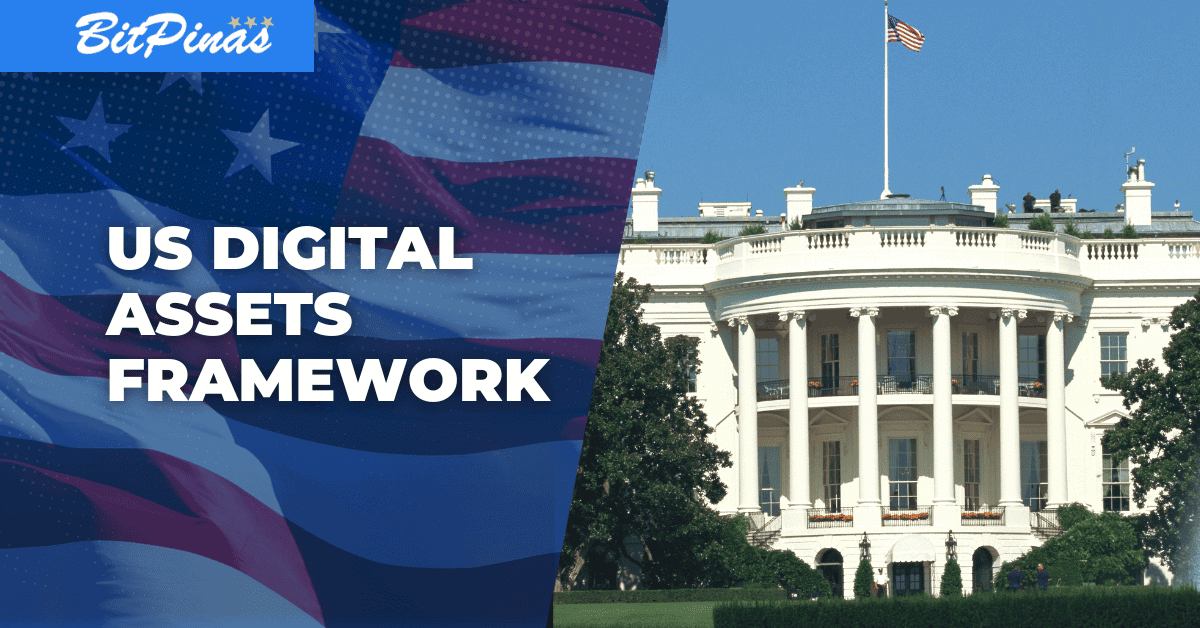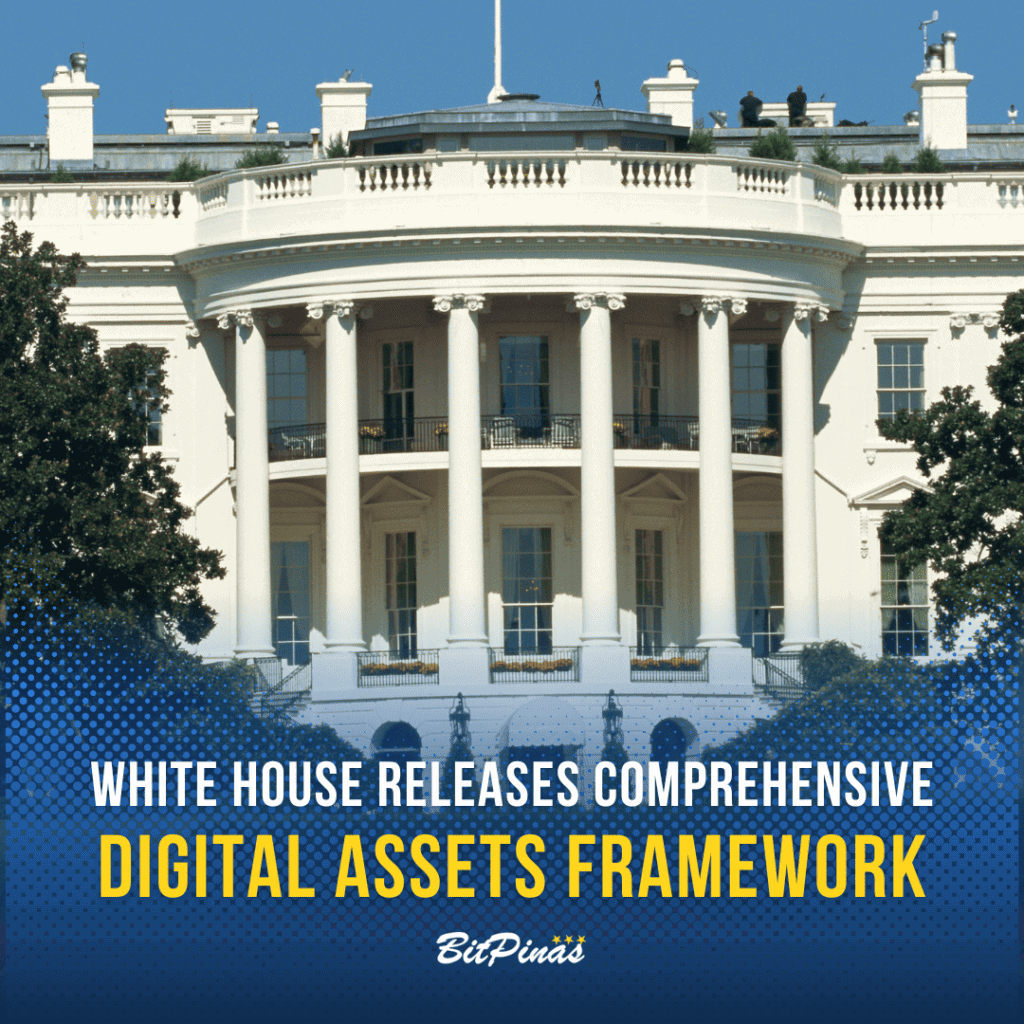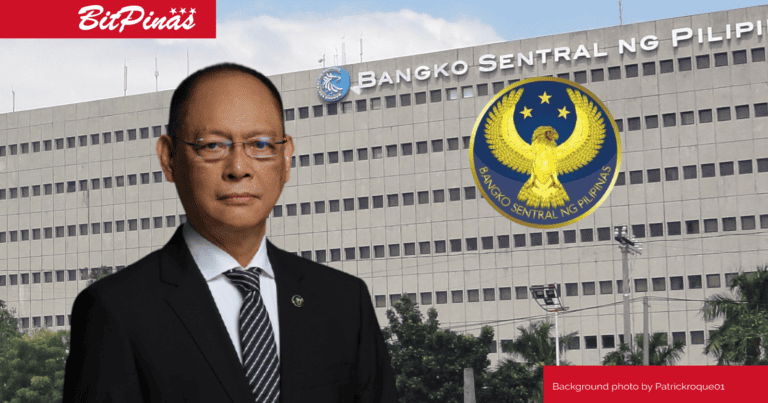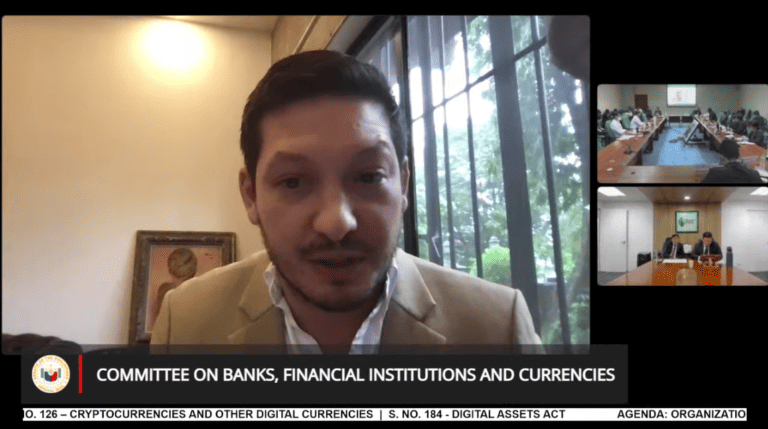White House Releases ‘Comprehensive Framework’ for Digital Assets
Along with the framework, the White House also released an executive order that addresses the same concern.

Editing by Nathaniel Cajuday
For the first time, the White House shared its sentiment regarding cryptocurrency as it released the “Comprehensive Framework for Responsible Development of Digital Assets” as well as an executive order from United States (US) President Joe Biden signed in March.
The order states the conclusions and recommendations of various federal agencies after six months of studying the crypto industry, emphasizing the need to protect consumers, prevent crypto-related crime, and maintain the country’s standing as a global financial powerhouse.
In a media release, the White House stated that Biden’s March 9th order on Ensuring Responsible Development of Digital Assets has outlined the first whole-of-government approach to addressing the risks and harnessing the potential benefits of digital assets and their underlying technology.

“The nine reports submitted to the President to date, consistent with the EO’s deadlines, reflect the input and expertise of diverse stakeholders across government, industry, academia, and civil society. Together, they articulate a clear framework for responsible digital asset development and pave the way for further action at home and abroad,” the release reads.
The White House also noted that the mentioned reports call on agencies to promote innovation through boosting private-sector research and development and helping cutting-edge U.S. firms find footholds in global markets, highlighting the need for measures to mitigate the downside risks, such as increased enforcement of existing laws and the creation of commonsense efficiency standards to be utilized in cryptocurrency mining.
In addition, the American government called on its Securities and Exchange Commission (US SEC) and other regulators to “aggressively pursue investigations and enforcement actions against unlawful practices.”
The Commander-in-Chief also mentioned the Consumer Financial Protection Bureau and Federal Trade Commission and asked them to “redouble their efforts to monitor consumer complaints and to enforce against unfair, deceptive, or abusive practices.”
“The reports encourage agencies to issue guidance and rules to address current and emergent risks in the digital asset ecosystem. Regulatory and law enforcement agencies are also urged to collaborate to address acute digital assets risks facing consumers, investors, and businesses. In addition, agencies are encouraged to share data on consumer complaints regarding digital assets—ensuring each agency’s activities are maximally effective,” the American office added.
Consequently, the Financial Literacy Education Commission would lead efforts to educate the public and help them “understand the risks involved with digital assets, identify common fraudulent practices, and learn how to report misconduct.”
While as for the Central Bank Digital Currency (CBDX), the report shed further light on the government’s potential plans to launch it. According to the White House, the digital dollar could offer “significant benefits,” including promoting financial inclusion and fostering economic growth.
Accordingly, they added that the government had developed “Policy Objectives for a U.S. CBDC System” and was currently reflecting on its key priorities for a potential digital dollar.
In the Philippines, President Ferdinand “Bongbong” Marcos Jr. acknowledged the need to improve the country’s competencies in areas like software development, data analytics, artificial intelligence, and blockchain technology. (Read more: Marcos Inaugurates UnionBank Innovation Hub)
Currently, the country’s financial regulators, Banko Sentral ng Pilipinas (BSP) and Securities and Exchange Commission (SEC), have been seeking legislation to create regulations on digital assets and the digital space—this includes non-fungible tokens (NFT) and cryptocurrencies to address the rapid adoption of crypto in the Philippines and to protect consumers.
This article is published on BitPinas: White House Releases ‘Comprehensive Framework’ for Digital Assets
Disclaimer: BitPinas articles and its external content are not financial advice. The team serves to deliver independent, unbiased news to provide information for Philippine-crypto and beyond.





